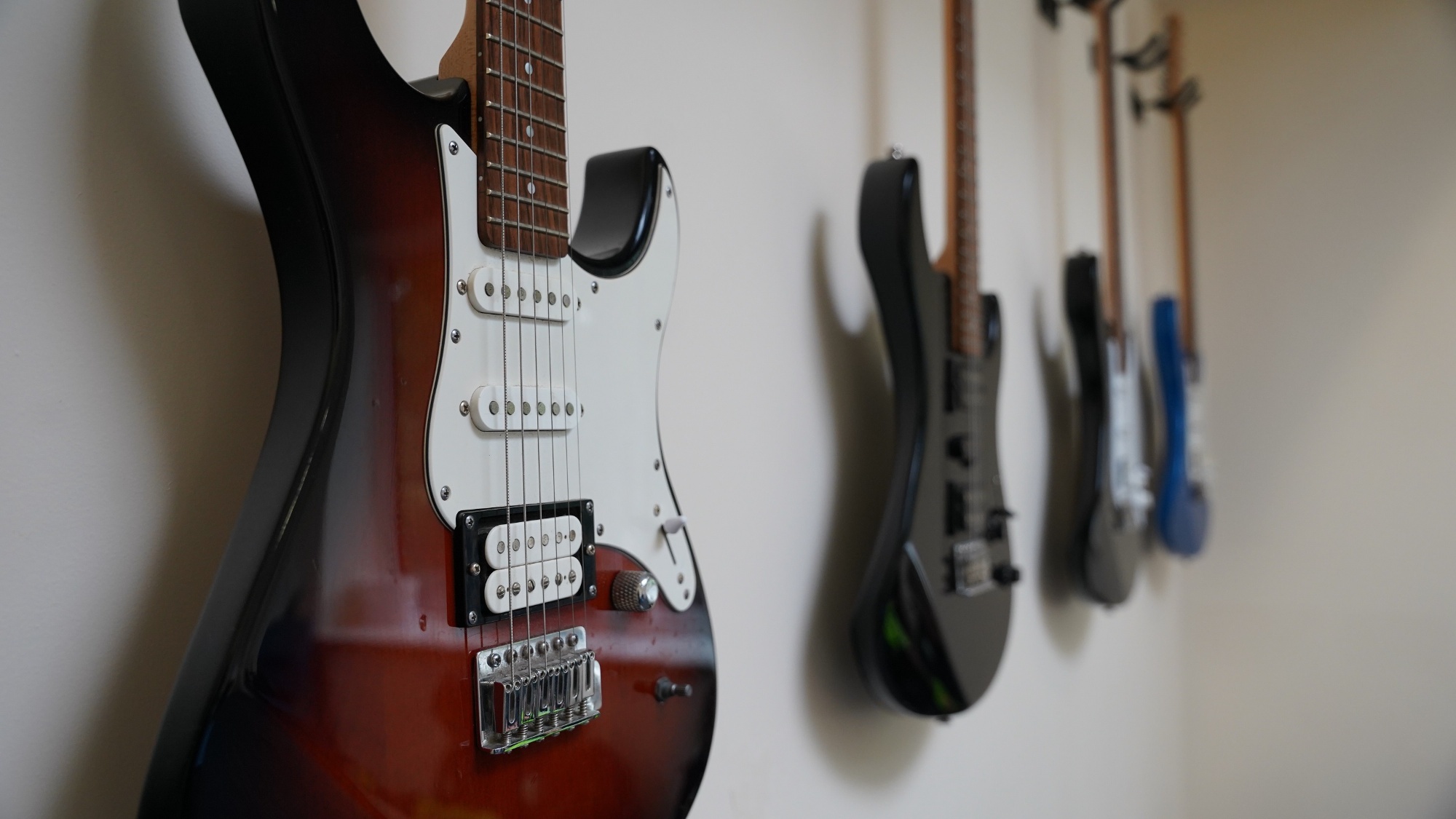Music

Intent
The National Curriculum for Music aims to ensure that all pupils:
- Perform, listen to, review and evaluate music across a range of historical periods, genres, styles and traditions, including the works of great composers and musicians
- Learn to sing and use their voices, to create and compose music on their own and with others, have the opportunity to learn a musical instrument, use technology appropriately and have the opportunity to progress to the next level of musical excellence
- Understand and explore how music is created, produced and communicated, including through the inter-related dimensions: pitch, duration, dynamics, tempo, timbre, texture, structure and appropriate musical notations
At Grayswood Primary School, we are dedicated to fulfilling these aims by creating an enjoyable and engaging experience of music for all children. By encouraging the children to participate in a variety of musical experiences, alongside a well-structured scheme of learning, we are actively increasing their creativity, self-confidence and sense of achievement. Our curriculum introduces children to music from all around the world and across generations, teaching children to respect and appreciate the music of all traditions and communities.
Music surrounds us on a daily basis and it should be for all to enjoy, whatever a person’s background, ethnicity or ability. It is creative, collaborative and celebratory. We aim to provide a music curriculum which will enable each child to be successful in reaching their full potential and foster a life-long love of music and musical performance.
Implementation
At Grayswood Primary School, our music curriculum ensures that children sing, listen, play, perform and evaluate. This is implemented in our progressive lessons and music performances.
We teach the national requirements for musical education in half termly themed units, following the Kapow music scheme. This scheme is adapted to suit our pupils and it follows a differentiated, spiral approach to musical learning where previously taught skills and knowledge are returned to and built upon. Kapow Primary’s Music scheme takes a holistic approach to music, in which the individual strands (performing, listening, composing, the history of music and the inter-related dimensions of music) are woven together to create engaging and enriching learning experiences.
The instrumental scheme lessons complement the Kapow Primary Scheme of work and allow lower key stage pupils to develop their expertise in using a tuned instrument for a minimum of one term as recommended in the Model music curriculum.
The Kapow music scheme is ideal for specialist and non-specialist teachers and provides lesson plans, assessment, clear progression, and engaging and exciting whiteboard resources to support every lesson. Key vocabulary is weaved into each lesson and the scheme provides clear guidance and vocabulary progression documents to support teachers.
Our children experience music in many different ways:
Whole School Music
- Events such as Class assemblies, Christmas Productions, Harvest Festival and School Leavers also provide opportunities for whole school shared music with particular songs being prepared for these special days
- Music is played at the beginning of all assemblies. Each week there is a dedicated singing assembly led by teachers
Classroom Music
- In the Early Years, music is incorporated consistently into daily routines and is used to enhance teaching of the core curriculum
- Each year group (Yr R – 6) follows the Kapow music scheme
Tuition
Every child has an opportunity to experience instrumental playing, either as an individual or in a small group. These are run by MusicWorks.
- Piano/keys tuition
- Ukelele/guitar tuition
- Drums tuition
Further information can be found on their website https://www.themusicworks.uk/
Performance Opportunities
- School Productions
- Assembly performances
- YoungVoices
Impact
Through the rich opportunities that our music curriculum offers, when children leave Grayswood Primary School they will have built a love of music and have increased levels of self-confidence. The different genres of music they are exposed to will provide great inspiration to help them with their own compositions, developing them as a listener, creator and performer.
We measure the impact of our music curriculum through the following methods:
- The impact of Kapow Primary’s scheme can be constantly monitored through both formative and summative assessment opportunities
- Each lesson includes guidance to support teachers in assessing pupils against the learning objectives and at the end of each unit there is often a performance element where teachers can make a summative assessment of pupils’ learning.
- A celebration of learning through performances
- Pupil discussions about their learning
At the end of each year we make a summative judgement about the achievement of each pupil. Children in the Foundation Stage are assessed within the Early Learning Goals.
Enrichment in Music
In addition to the curriculum, we offer the following enrichment opportunities in Music for children at Grayswood CE Primary School:
- Use of music to support cross curricular learning
- Singing and music is incorporated into assemblies and Church services and we have a weekly assembly dedicated to singing
- Events like class assemblies, Christmas productions, Harvest festival and school leavers' services provide opportunities for whole school shared music and performance
- Every child has the opportunity to experience instrumental playing, either as an individual or small group. These sessions are run by MusicWorks with lessons in ukulele, guitar, drums, piano or keyboard
- Choir club run by MusicWorks
- Outreach programmes provided during the year e.g. HHH concert
- M&M productions once a year
- Young Voices Concert at the O2 Arena for Years 4&5
- Young musicians orchestra day at local secondary school for children in KS2
